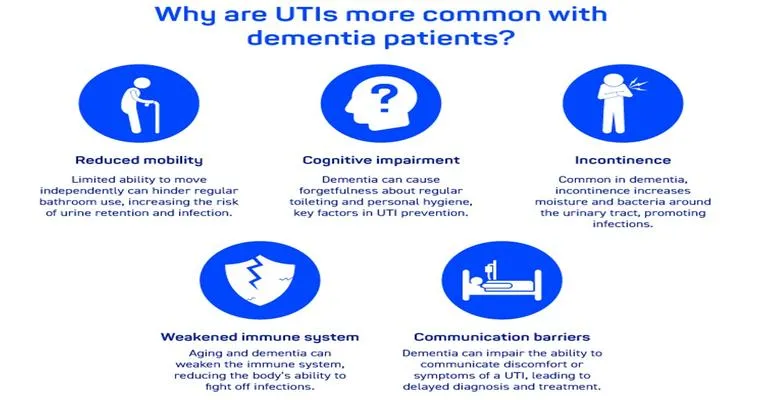In various contexts, "neglect" and "refusal to re-admit" can have significant implications, especially in healthcare and education. Individuals facing neglect may experience the adverse effects of being overlooked or disregarded, while those who encounter refusal to re-admit can suffer from barriers that hinder their ability to reintegrate into critical systems. Understanding these issues is essential for ensuring that vulnerable populations receive the support and attention they deserve.
Neglect can manifest in numerous ways, from inadequate care in healthcare settings to a lack of support in educational environments. In healthcare, neglect often occurs when patients do not receive the necessary attention or treatment, leading to deteriorating health conditions. This can happen due to systemic issues, such as understaffed facilities, or individual failures where caregivers do not fulfill their responsibilities. In educational settings, neglect might involve ignoring the needs of struggling students, which can lead to poor academic performance and emotional distress.
On the other hand, refusal to re-admit can create a cycle of exclusion and frustration. For individuals who have been discharged from a healthcare facility, the inability to return due to administrative policies or stigma can exacerbate their health issues, ultimately leading to more severe medical complications. In education, students who are denied re-admission to schools may find themselves isolated from their peers and unable to continue their education, impacting their long-term prospects and self-esteem.
Addressing the issues of neglect and refusal to re-admit requires a multi-faceted approach. In healthcare, institutions must implement better training for staff to recognize signs of neglect and ensure that patient care is prioritized. Additionally, policies should be established to facilitate the re-admission process for those in need, creating pathways for individuals to receive the care and support necessary for recovery.
In educational contexts, fostering an inclusive environment is crucial. Schools should develop clear guidelines for re-admitting students who have faced disciplinary issues or other barriers to their education. By creating supportive policies and programs, educational institutions can help reintegrate these students and provide them with the resources they need to succeed.
Ultimately, tackling the problems of neglect and refusal to re-admit is vital for the well-being of individuals across various sectors. By raising awareness and advocating for change, society can work towards creating systems that prioritize care and support for everyone, regardless of their circumstances.





